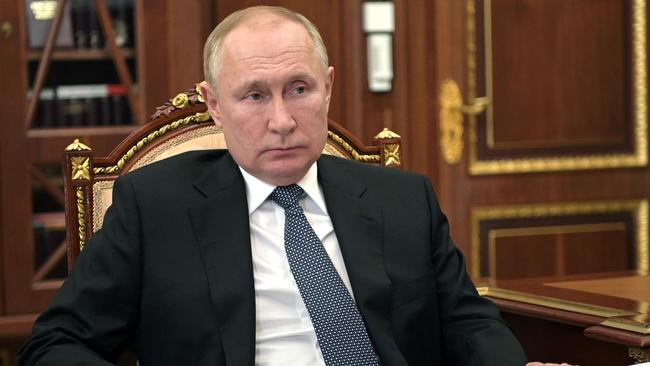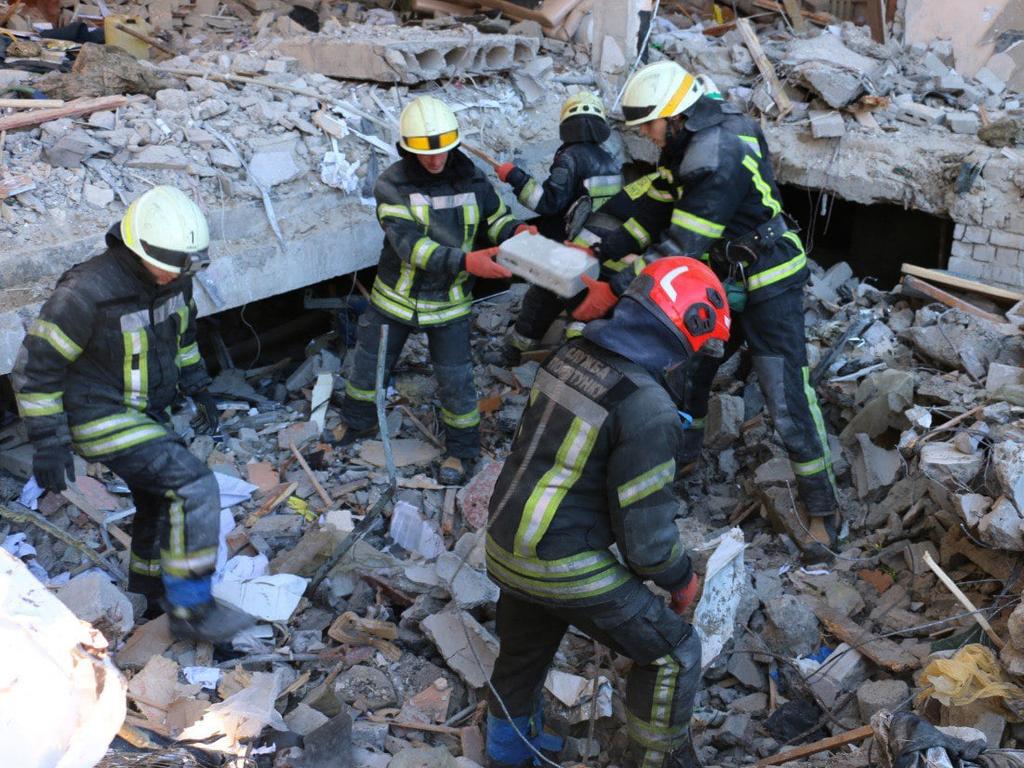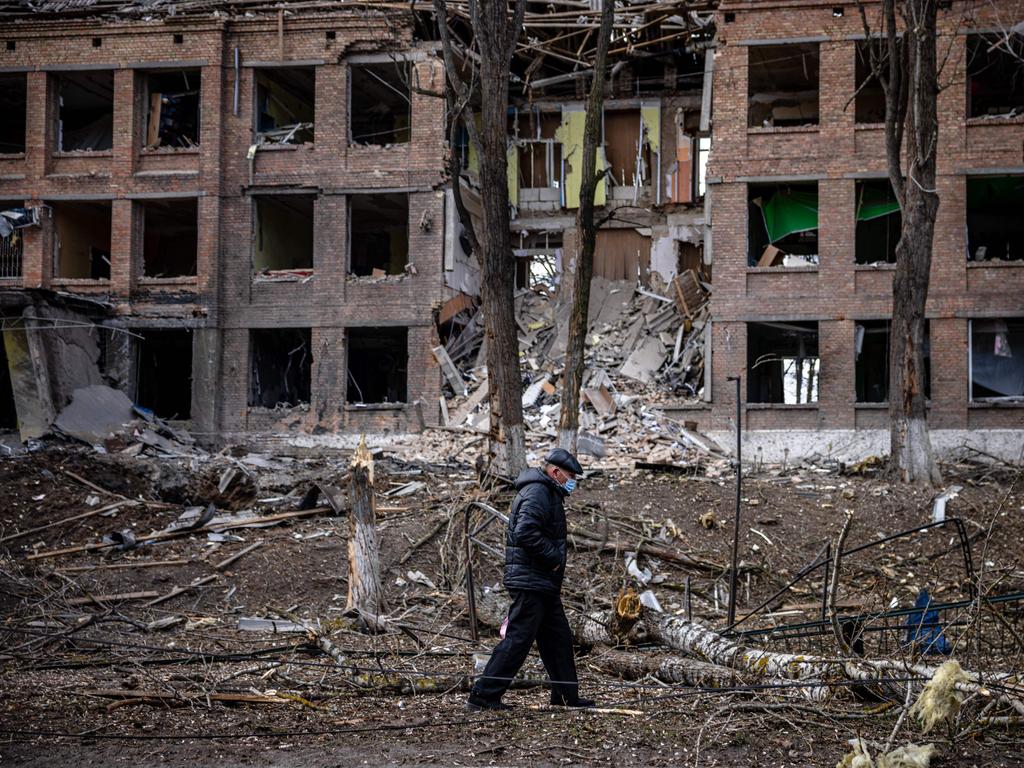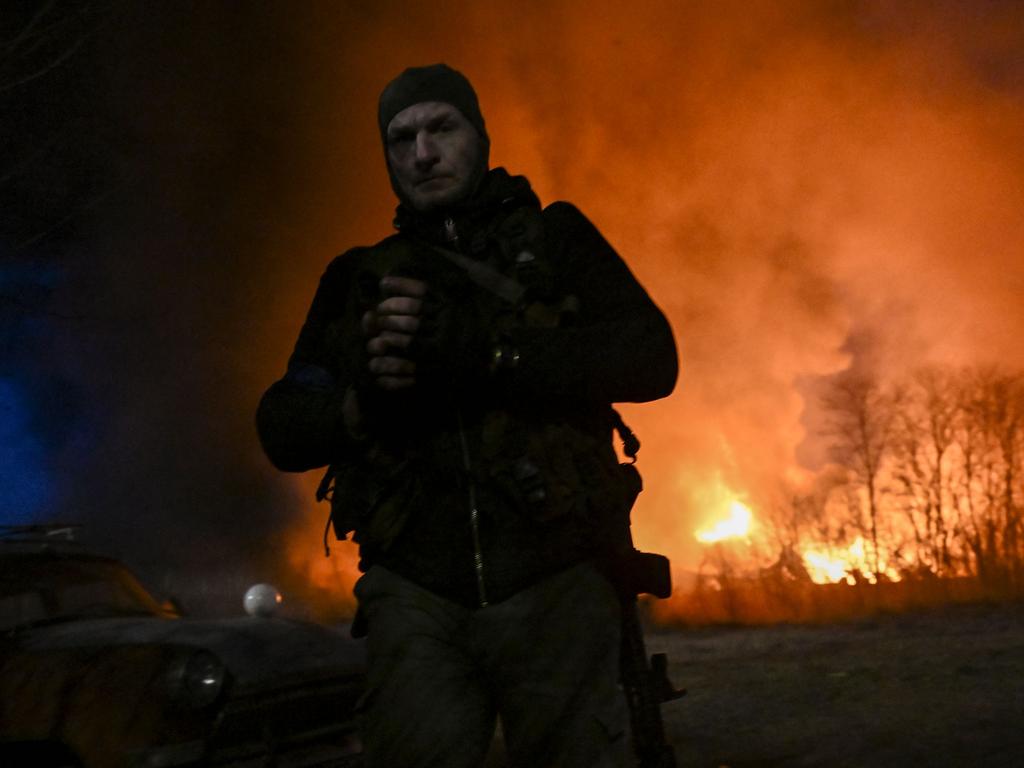Ukraine war: Vlad’s not mad, but still bad and dangerous to know

Speculation abounds about the Russian leader’s mental and physical health. These include rumours of Parkinson’s disease, steroid abuse, some unnamed terminal illness or the effects of extensive Covid-induced isolation. Because of this, many are asking a truly frightening question: is Putin no longer rational?
I don’t want to wade into the various ways in which we might define someone’s behaviour as rational. When we worry about Putin’s rationality, what we’re really worried about is whether he might impulsively push the nuclear button. Let me try to provide some cautious reassurance on this score.
First, Putin’s invasion does not, to me, lend much support to the idea that his decision-making is much different now than in the past. He has invaded other countries before. He has interfered in US elections. He has used chemical weapons to assassinate his opponents on foreign soil, killing a British civilian in the process.
At every step he received little more than a slap on the wrist. This time he miscalculated and went too far, but he had every reason to believe the war would pan out like his previous actions.
Most non-Russian experts did not expect such ferocious and effective Ukrainian resistance. There were also good reasons to believe Putin’s extensive investments in suborning Western policymakers would ensure the international response would be more muted. He was wrong this time, but this does not make him crazy.
Second, as the great strategic theorist Thomas Schelling pointed out, Putin has strong incentives to appear to be irrational so as to induce his opponents to back down. If we all think he just may end civilisation on a whim, we are likelier to give him what he wants.
Third, nuclear deterrence has a way of working on even quite disordered minds. Russian nuclear strikes inevitably would involve Western retaliation. Putin cannot be remembered as the great leader who restored Russia to greatness if there is no one alive to remember him at all.
I am certainly not saying Putin would never use nuclear weapons. The international community must indeed be careful not to back him into a situation in which his alternatives are overthrow (followed by death) or the use of nuclear weapons. We also should be careful to avoid climbing on board escalatory paths that may end in a nuclear strike, such as the well-intentioned but dangerous no-fly zone idea. But at the same time we should avoid terrorising ourselves by speculating about Putin’s psychology, and we should not back down from the measures that are working well to halt and reverse his aggression.
Charles Miller is a senior lecturer at the Australian National University school of politics and international relations.







Vladimir Putin’s ruthlessness and brutality have never been in doubt. Yet before his invasion of Ukraine, the Russian President was seen by most in the West as a coldly calculating and rational strategist. Now, however, things have changed. As US senator Marco Rubio put it: “He (Putin) has always been a killer, but his problem now is different.”